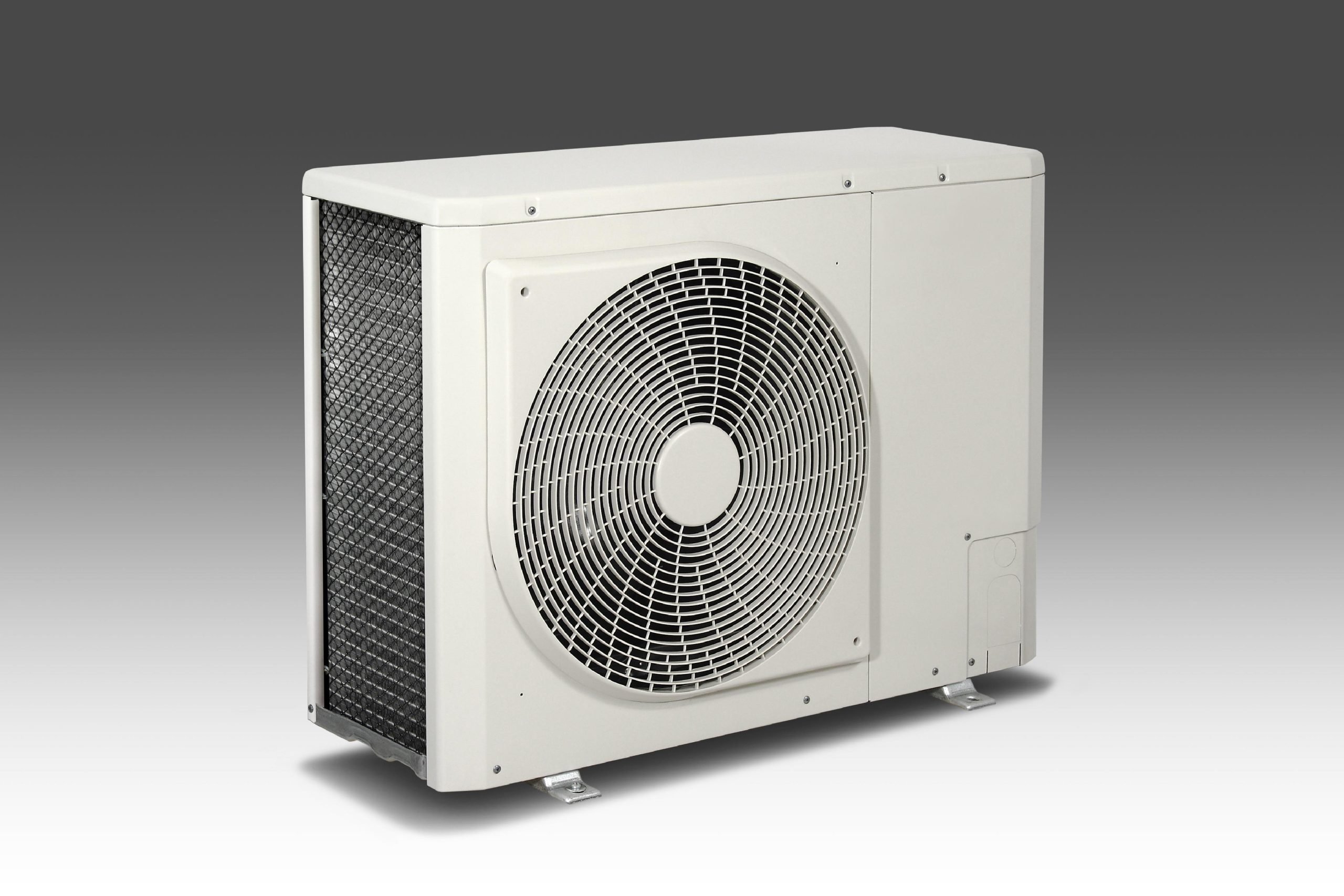EXTREME high and low temperatures are causing fewer deaths in Spain compared to 40 years ago due to more air conditioning and heating units being installed in homes.
A study shows that the country’s socio-economic development has done much more to reduce mortality, especially that caused by high temperatures, than other measures like heatwave warning alerts.
The survey was carried out by the Barcelona Institute for Global Health (ISGlobal) and has been published in the scientific journal Environment International.
The team of experts led by Hicham Achebak focused on trying to determine what demographic and socio-economic factors could have contributed to the fact that, despite the notable increase in temperatures recorded in Spain in the last 40 years, the number of deaths due to heat, but also that of deaths caused by cold, have seen a very significant decrease.
Researchers collected data on daily mortality from all causes plus climate variations (mainly temperatures and relative humidity) from 48 Spanish provinces between the start of the 1980s and December 2018.
These figures were linked to 14 other indicators, including variables such as housing, family income, equipment, and education over the same time period.
The analysis found a notable decrease in temperature-related mortality despite the fact that in the last four decades the average increase in temperatures was about 0.36 degrees per decade.
That number showed an even more pronounced increase in the summer months, when the average rise per 10 years was 0.40 degrees Celsius.
The studies concluded that the key element of a progressive decrease in deaths was the increasing presence of air conditioning and heating in homes.
Achebak’s team attributes the 28.6% reduction in heat-related deaths achieved over the past forty years and the 31.5% drop in deaths from extreme heat waves to the increase of units to cool homes and work settings.
The scientists, however, underline the disparity of this health benefit according to different provinces, since for many homes ‘air conditioning remains unaffordable’.
Heating represents a very similar advance, as it would have reduced deaths from the cold by 38.3% in forty years and by 50.8% if only deaths from extreme cold are taken into account.
Mortality from cold would have dropped even more, they say, had it not been for the notable increase in population numbers of those aged over 65.










